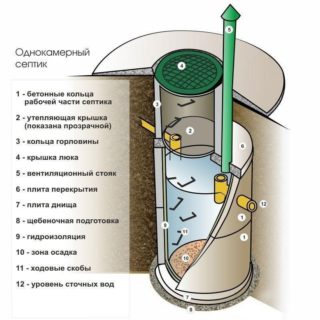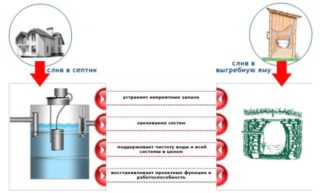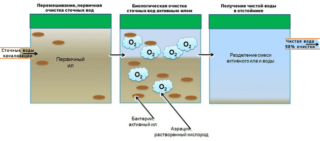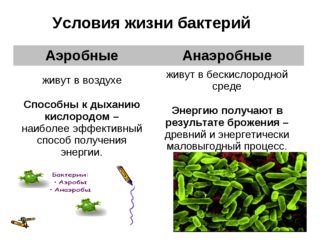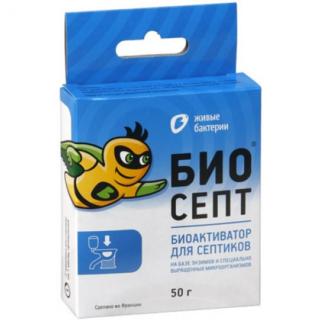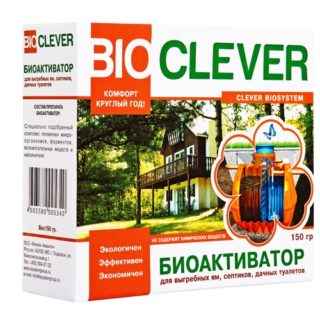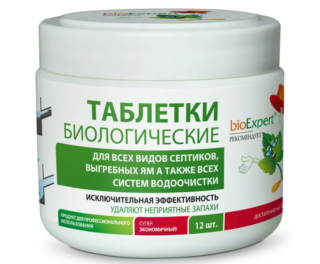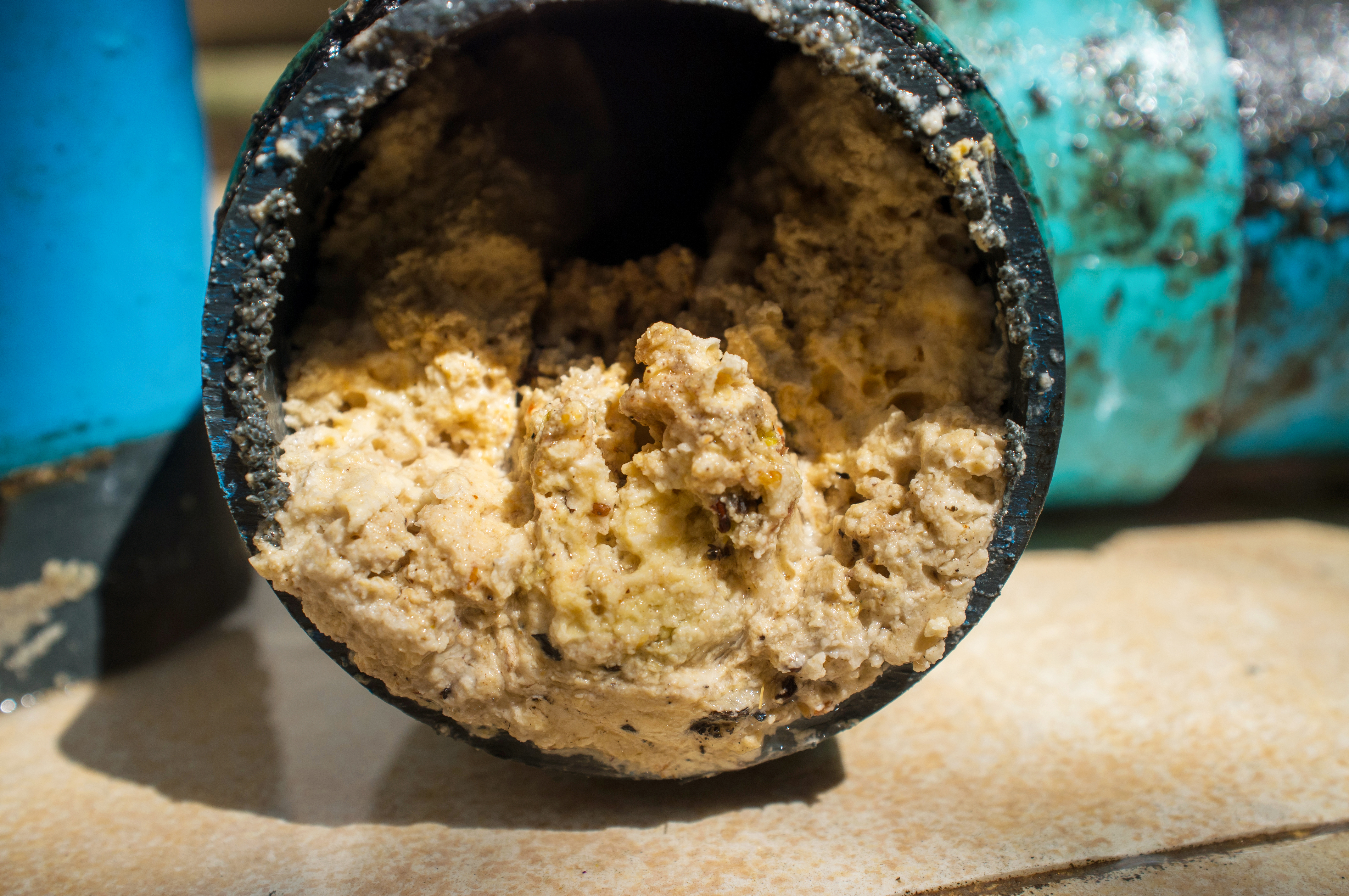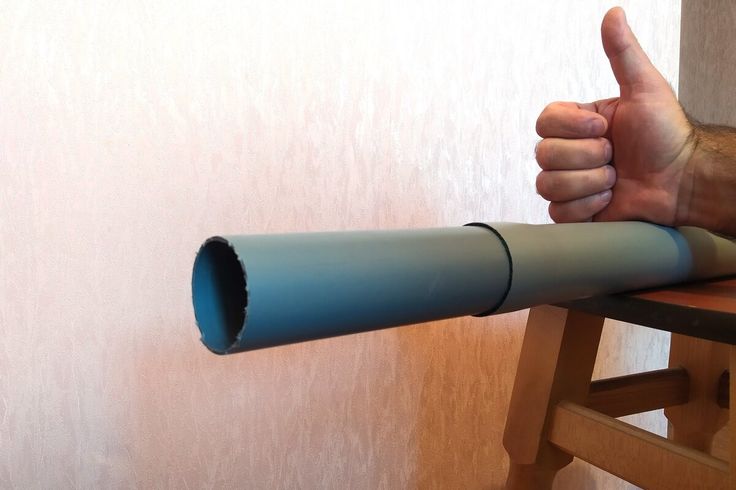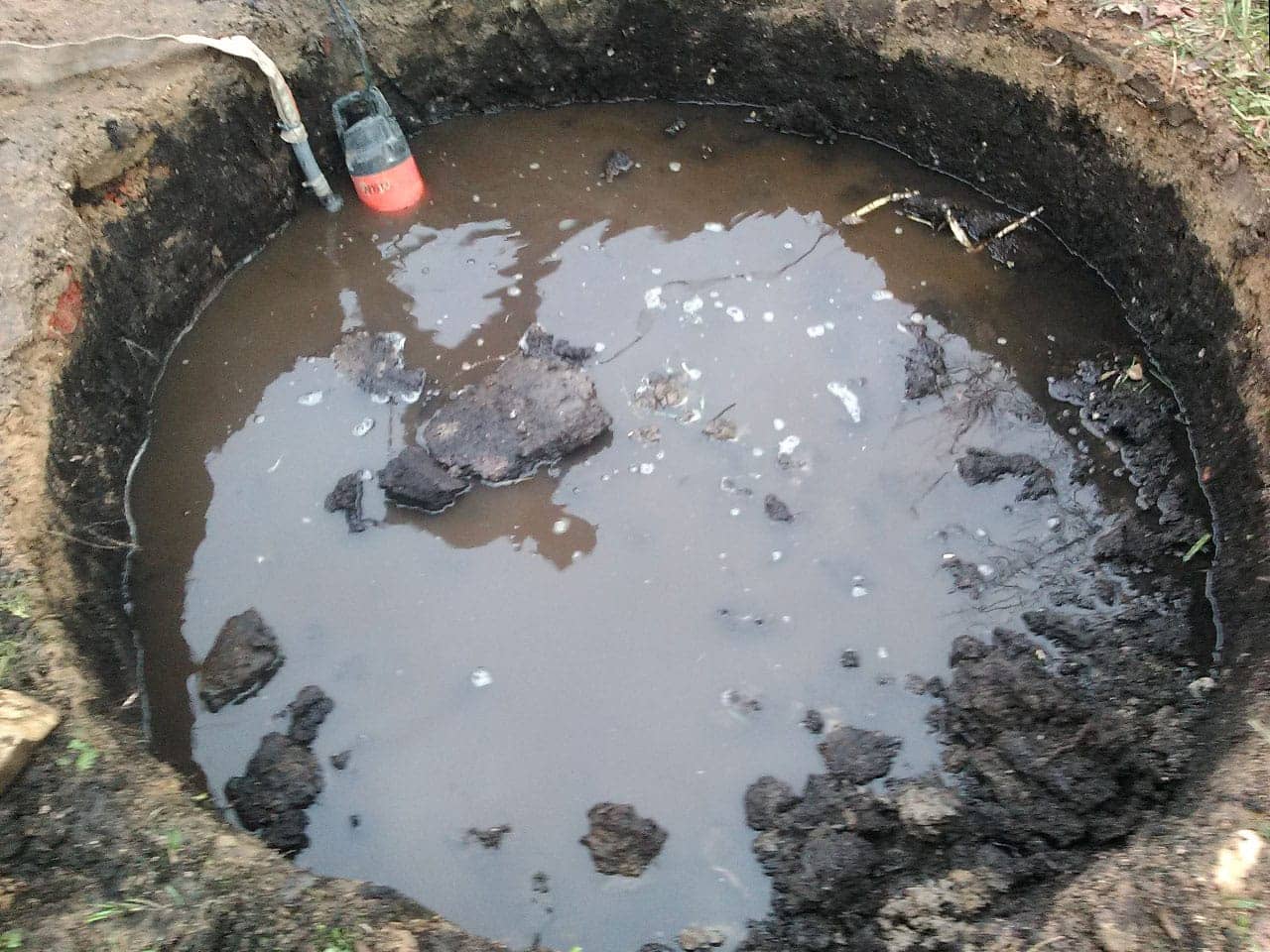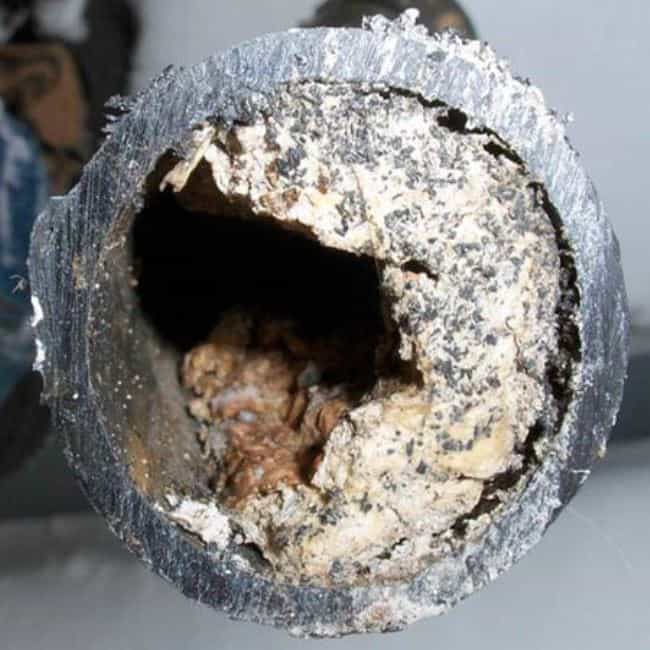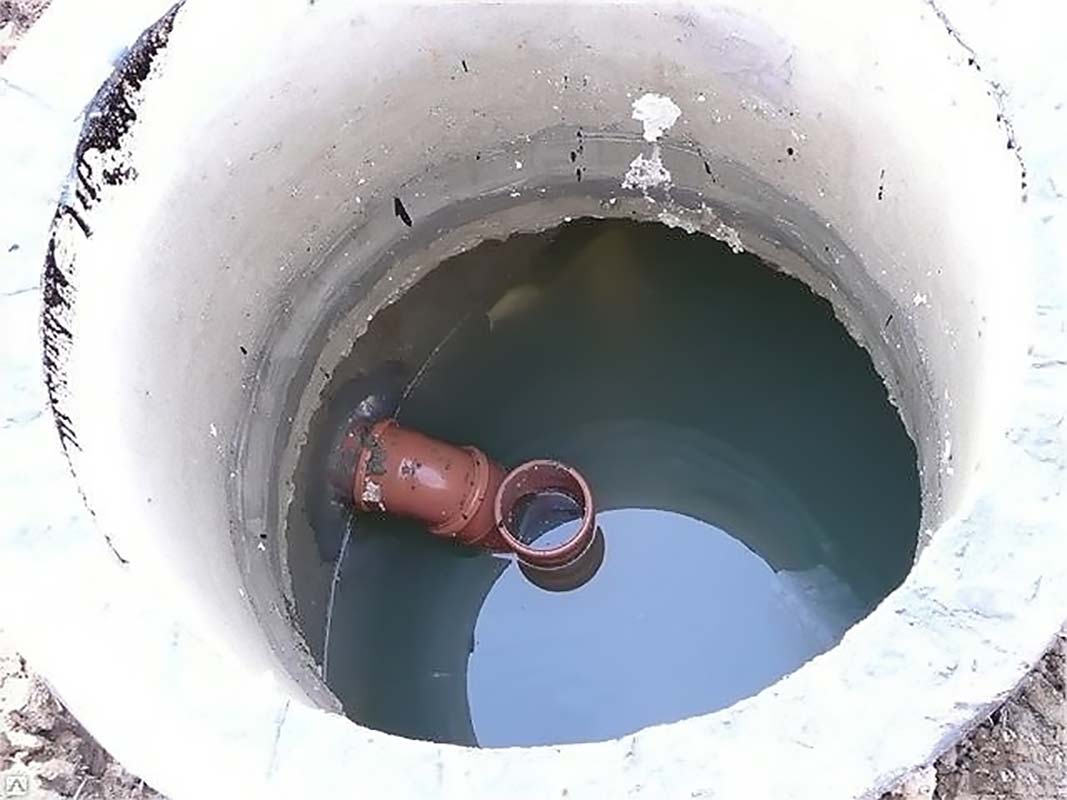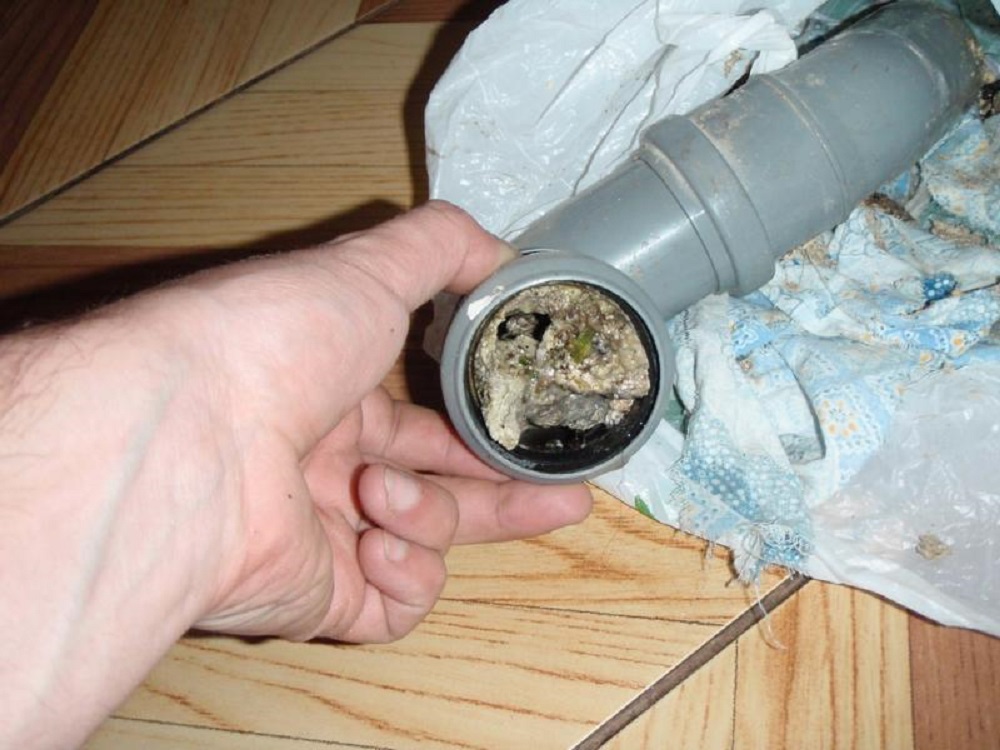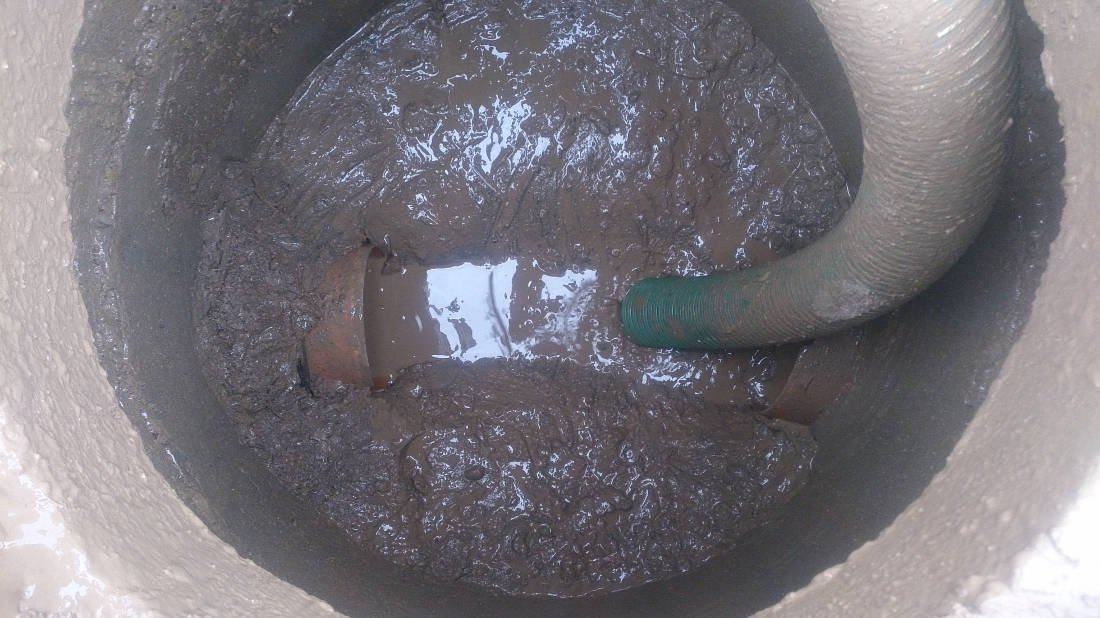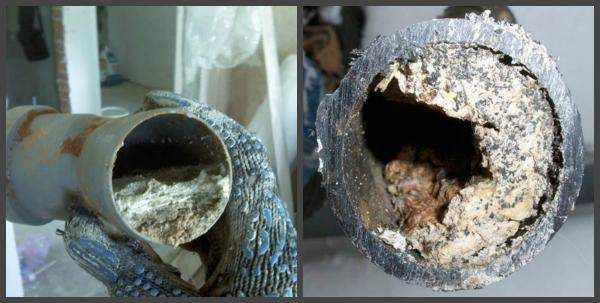The problem of sewage treatment is relevant in the private sector, where there is no way to connect to the central sewerage system. We have to call a sewer truck, which partially solves the issue. But there is still a smell, which is impossible to fight without special means. There are several waste-dissolving products for country toilets and cesspools - chemical, biological and antiseptics.
- Types of drugs according to the principle of action
- Chemistry for outdoor toilets and septic tanks
- Antiseptics - principle of action
- Bacterial drugs - what is the advantage
- Bacteria that are not afraid of chemicals
- How to use preparations for cleaning cesspools
- Drug names and characteristics
- Types of funds by form
- Recommendations for choosing a remedy for cesspools and toilets
Types of drugs according to the principle of action
Chemistry for outdoor toilets and septic tanks
Chemicals are used in septic tanks where waste from the toilet, kitchen and bathroom drain. They contain impurities of detergents, so they are not suitable for further use.
If on site waste from the toilet enters a separate septic tank, and all other liquids are contained in another, then there is a clear advantage, since they can be treated with different substances.
Main types of chemicals:
- formaldehyde;
- nitrogen substances;
- nitrates;
- chlorine.
Formaldehyde is a broad spectrum drug produced by methane oxidation. Performs antiseptic functions, destroying pathogens. It is considered a carcinogen and very harmful to humans. It is rarely used.
Ammonium preparations are good at eliminating odors, but after use, the effluent must be disposed of in sedimentation tanks. To do this, you need to order a car and take out the waste. Ammonia products are effective in outdoor toilets, but not suitable for septic tanks that get water with detergent.
The cost of nitrate oxidants exceeds all of the above, but they are harmless to the environment and humans. Fecal matter turns into a homogeneous liquid, which is suitable for fertilizing the soil. It is convenient to pump them out by machine. The drugs are massively used in city sewers.
Chlorine compounds - odor repellents for outdoor toilets and cesspools - leave behind harsh aromas that can cause suffocation and allergies. They are used for disinfection.
Antiseptics - principle of action
Old fecal matter can be dissolved and neutralized only with ammonium preparations. They affect deposits on the walls of pipes and sedimentation tanks. Eliminate odor in a short time.
Minuses:
- after cleaning, water cannot be used as a technical liquid;
- it is not advisable to use in septic tanks with an open bottom, since chemicals penetrate into the soil, and from there into the groundwater, which can cause poisoning if there is a drinking well nearby;
- after using antiseptic chemicals, you still need to take out the waste;
- can destroy metal and plastic waste containers.
Antiseptics are not used to fertilize the soil, since antibacterial substances cause massive death of soil microorganisms and lead to a violation of the fertility and chemical-physical parameters of the soil.
Bacterial drugs - what is the advantage
Anaerobes do not need oxygen. Moreover, they die in his presence, therefore, such drugs are used for hermetically sealed septic tanks and sewer pipes. Anaerobes work in fecal matter with the release of methane. There is a technology for producing gas, which is then used on the farm, and the processed residues are subsequently used as a high-quality fertilizer.
The liquid after processing is not dangerous, therefore bacterial agents are considered the most environmentally friendly.
- as effective as chemicals, but they work longer - they eliminate odors and old blockages, the degree of purification is 70%;
- safe for plastic, metal containers;
- secrete waste products that are well absorbed by garden crops and increase productivity;
- over time, bacteria adapt to local conditions and begin to multiply faster, which leads to more economical use of drugs.
Do not dispose of antibacterial drugs down the drain. When living microorganisms are used, they all face death.
Disadvantages:
- bacteria work in the warm season, but decrease their activity in winter;
- perish in drains into which water with detergents has entered, therefore they are suitable only for fecal masses;
- aerobes need air - for this it is necessary to maintain the oxygen level;
- when using bacterial agents, mineral deposits accumulate at the bottom, which must be periodically pumped out and removed, as this reduces the volume of the septic tank.
Bacterial drugs are not used in conjunction with chemical drugs or after them. An aggressive environment kills microorganisms and there will be no cleaning effect.
Bacteria that are not afraid of chemicals
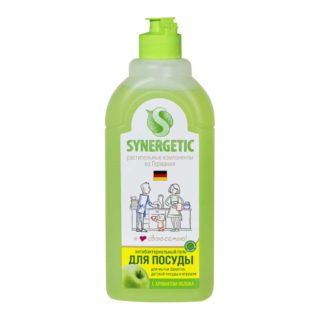
Live microorganisms react poorly to aggressive additives, but there are strains that can break down soap and detergents. Some of them even dissolve chlorine in small concentrations. They write about this on the packages, therefore, if all the waste of a private house gets into the septic tank, a special drug is needed.
The second option is to switch to safe detergents that do not cause the death of microorganisms, since they consist of oils, natural detergents. Such funds are more expensive, so you need to decide which is better: to regularly order a pumping machine or use harmless chemicals, so that later you will also receive a full-fledged fertilizer for the site.
How to use preparations for cleaning cesspools
Different drugs are used in different ways: some are poured once a year, others need to be topped up periodically. The instructions indicate the volume of the septic tank for which the amount of the drug is calculated. When working with chemicals, it is necessary to use personal hygiene products, do not allow vapors to enter the respiratory system and on the skin.
It's easier with biologicals. They are diluted with water and poured into a septic tank. Further work takes place without human participation.
Aerobes process wastewater faster, but with good ventilation. Anaerobes turn the masses into silt, which settles at the bottom, and 70% purified water remains on top.
Drug names and characteristics
- Dr. Robik is available in several versions. There are preparations of this brand that are resistant to detergents and chlorine. The composition includes 109 types of microorganisms, which allows you to completely dissolve organic matter, even the most old. Economical: one bottle is enough for 5 cubic meters of waste liquid. It is poured once a year - preferably at above-zero temperatures.
- Bio-Sept - not suitable for cesspools where detergents are drained. Copes well with bottom sediments. Effective in the warm season.
- Sanex. It dissolves almost all organic matter - paper, starch, sewage. Eliminates stench within 24 hours. Before starting, it is necessary to pour the powder with warm water so that the bacteria wake up, then pour it into the septic tank.
- Vodogray. A universal agent that is used to ferment manure for its subsequent use. Poured into ponds to remove algae. Cleans the pores in the ground in the drain pit, improving drainage.
- Embionic. Analogue of Vodograi - works in the warm season, suitable for a compost heap or pit.
- Eparsil. Used every month in a package. First time - 2 packages.
- Multisan. Safe antiseptic. It is used for deodorizing dry closets in the country.
- Tamir. A universal biological product for the conversion of fecal matter in toilets, composting manure and other organic matter. Sold as a concentrate.
- Biola. One of the few drugs that are effective at low temperatures.
- Unibac. Releases chlorine and soap resistant bacteria.
- Micro bek ultra. There are several varieties of biologics, some are resistant to chemicals.
- Devonian. A nitrate oxidizing agent that is safe for the environment. If necessary, it is added to the compost as fertilizer.
- Goodhim. Disinfectant, fragrance. Contains no hazardous chemicals.
- Biotel. Anti-odor bacterial agent. Decomposes paper, cellulose, starch and other hardly soluble substances.
- Bref. Not suitable for dry closets. Designed to eliminate odors. Safe.
Many of the imported and domestic drugs are produced in several forms, and also differ in the composition of bacteria. There are remedies consisting only of aerobes or only of anaerobes. Most, however, are mixed strains for all conditions.
Types of funds by form
Powder products must be diluted with water to activate microflora. They contain bacteria and enzymatic substances that accelerate the growth of microorganisms and their reproduction. The main component is anaerobic bacteria. A kind of powder preparation is granular substances. The manufacturer warns that if the dilution is incorrect, the effect of the product can not be expected.
Liquid preparations usually more concentrated. Contain a full range of all types of microorganisms involved in waste processing. Depending on the volume of the cesspool, the required amount is poured out without preliminary preparation. Liquid formulations must not be frozen.
Pills also do not require prior dissolution. Their number depends on the size of the septic tank and the amount of wastewater. A variety of tablets - cassettes with microorganisms, dissolving bags. The basis is made up of anaerobic microorganisms.
Recommendations for choosing a remedy for cesspools and toilets
To achieve the result, you can use any drugs, including chemical ones. It's another matter if the tenants have a vegetable garden and organic fertilizer should not be allowed to go to waste. In this case, bacteria must be used. In old buildings, where drains from washing machines and dishwashers do not enter the outdoor toilet, this is quite possible.
Private cottages are usually located on small plots where it is impossible to equip a vegetable garden or garden to grow products for yourself. The septic tank is usually combined, all waste from the house gets into it. Here, a choice is possible: when the bottom is open, it is better to use biological agents so as not to pollute the groundwater; in an airtight pit, you can use chemistry, but then take it outside the city limits to sedimentation tanks.

